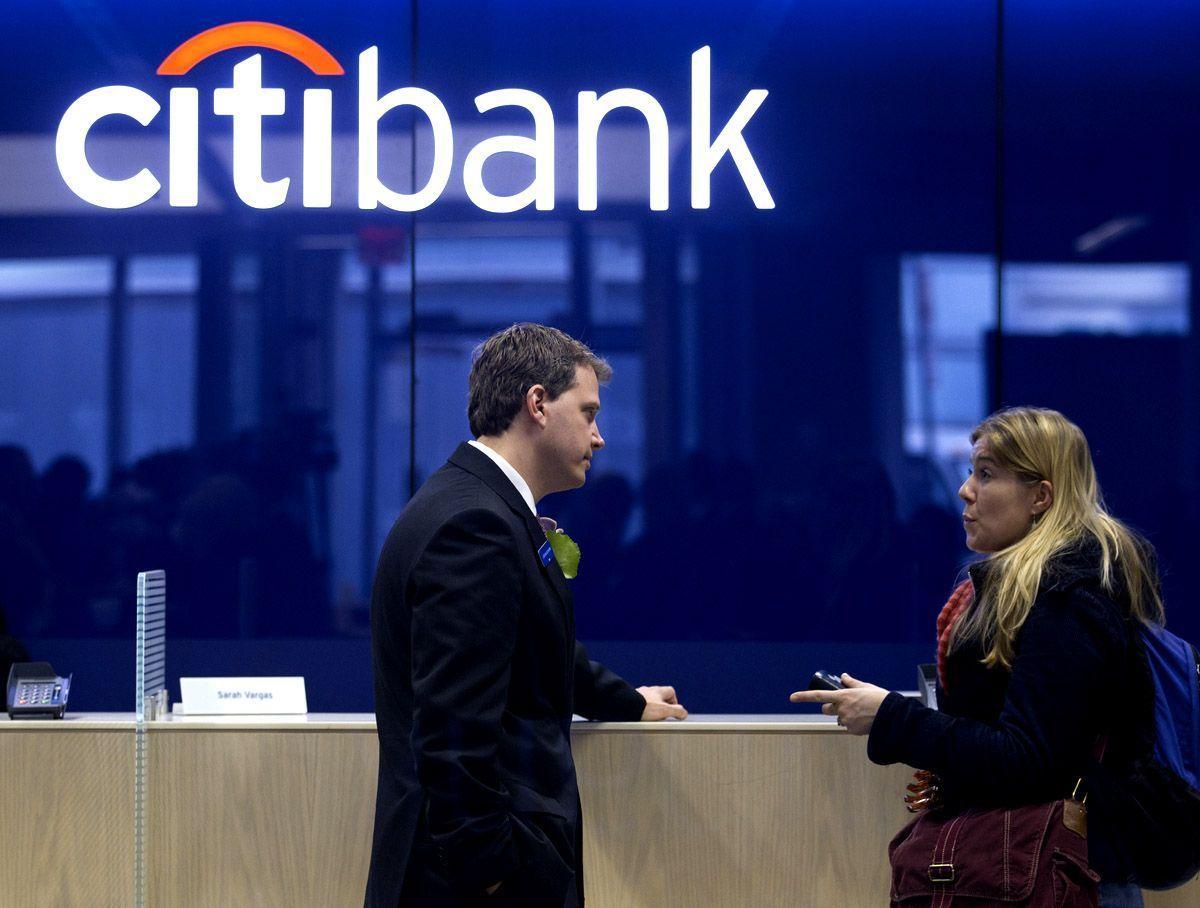Citigroup expects revenue from its Middle East and Africa business to keep growing this year even as lower oil prices and political uncertainty weighs on the region.
“We typically do much better than the economic growth rate, given our business model,” Atiq Rehman, chief executive officer of Citigroup’s new EMEA emerging markets cluster, said in an interview. “I am cautiously optimistic on emerging markets” and falling interest rates in the US will be positive overall.
The US bank’s income in the region may rise by a high single-digit this year driven by its markets, cash management and investment banking businesses, Rehman said. Revenue growth may slow to a mid-single digit rate in 2020 after climbing at a compound annual rate of 10 percent in recent years.
Economic growth in the Middle East and North Africa is expected to remain flat at 1.3 percent this year, according to International Monetary Fund forecasts.
Weak oil prices are crimping the governments’ ability to spend and the prospects of a showdown between the US and Iran has fueled concerns over growth in countries such as the United Arab Emirates and Saudi Arabia.
Citigroup this week appointed Rehman head of its EMEA emerging markets cluster, which consists of three sub-clusters Middle East and North Africa; Sub-Saharan Africa; and Turkey, Russia, Ukraine and Kazakhstan. This group is expected to account for about 10% of the bank’s global profit, Rehman said.
Citigroup this year has advised on some of the region’s biggest deals, including Saudi Aramco’s $69.1 billion acquisition of petrochemicals maker Saudi Basic Industries Corp. It’s also the top arranger of bond sales in Central and Eastern Europe, Middle East and Africa, according to data compiled by Bloomberg.






